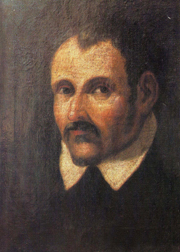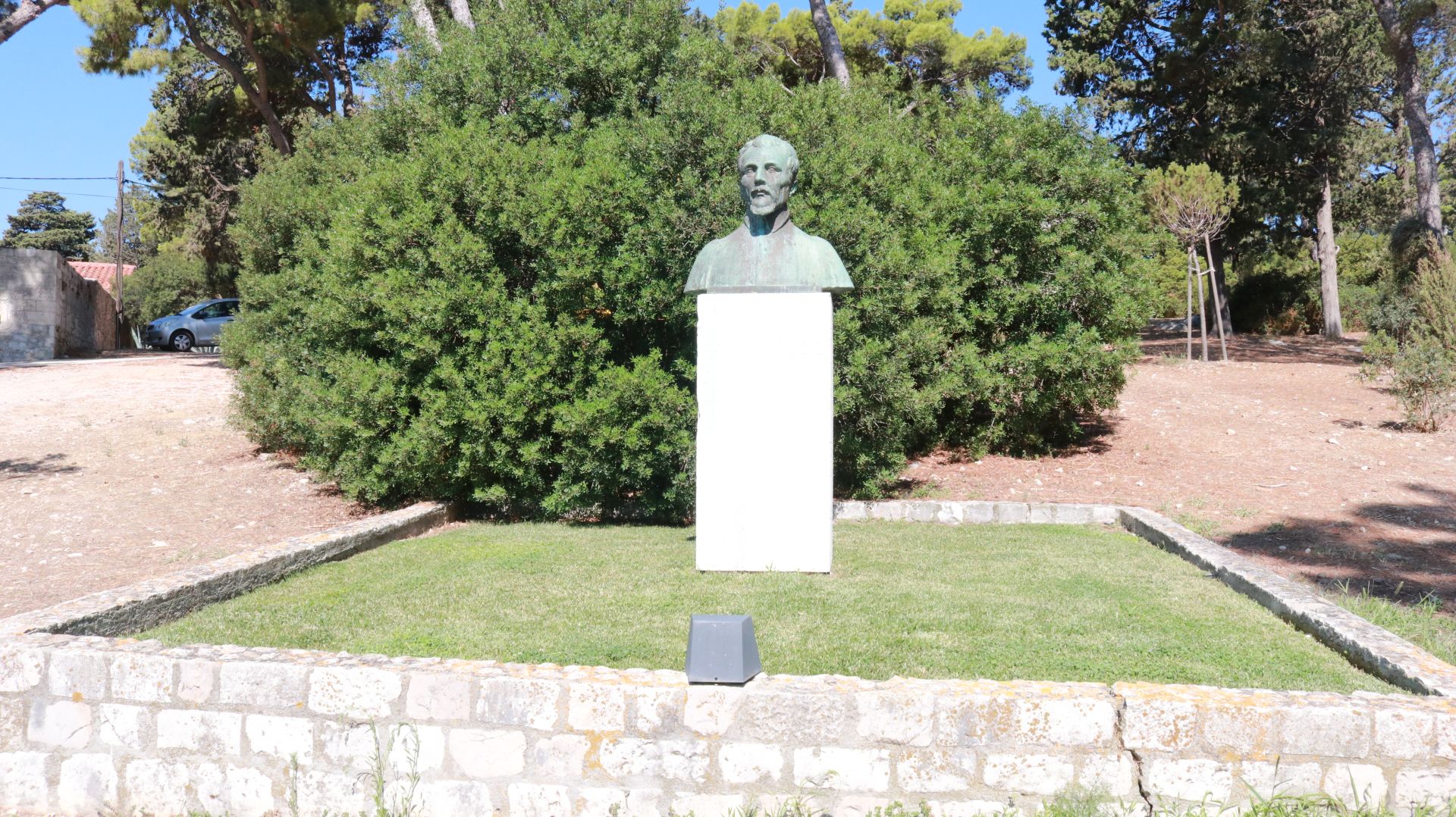August 14, 2021 - Meet Croatian poet Hanibal Lucić, one of the most respected poets from the country's renaissance period and a noble man from the island of Hvar. This is his story.
The richness of Croatia's heritage is evident not only in its many breathtaking buildings, statues and sights but also in its literature. Sadly, Croatian literature doesn't attract as much global attention as it should when compared to the global impact and various language translations that names such as Shakespeare enjoy. Not to mention antic Greek poets and writers, Italian authors such as Dante, and the list goes on.
Things are changing for iconic writers from Croatian history, such as 20th-century writer Miroslav Krleža as well as many of the modern, still active writers, thanks to the Croatian Literature site powered by the Croatian Ministry of Culture.
Prose writing doesn't have too many challenges for a professional translator when it comes to shifting the story from its original language to another, but you can be sure poetry is another story. If you read an English translation of ''The Flowers of Evil“ by Charles Baudelaire, instead of the original French version, did you really read Baudelaire or an author who made an adaptation of the poem into English in as much as was possible?
Either way, not much work done by Croatian poets is widely translated and known globally, but the Croatian poets themselves are known, and their former residences venues carrying their names and statues dedicated to them are part of the cultural offer Croatian destinations have to offer to their visitors.
In Hvar town, not too far from Veneranda, where the former church and famous former Hvar weather station lies, you can find a bust of a bearded man facing the Adriatic sea, and his eyes look as if they have that filter of lyricism, that poet-style introspect in observing the world. That should come as no surprise as the portrayed citizen of Hvar is non-other than Croatian poet, Hanibal Lucić, a nobleman from Hvar.
The exact date of his birth in 1485 isn't clear, but his date of death, December 14, 1553, is well recorded. The Croatian poet Hanibal Lucić was a renaissance poet as well as a playwright who authored the first secular Croatian drama titled ''Robinja'' (the slave woman). He served the Hvar Municipality back in the time when it was part of the Venetian Republic as a judge and a lawyer. His writings feature the Croatian Čakavski dialect (which distinctly uses the word ča for ''what''), and he wrote love poetry under the heavy influence of the legendary love poet Francesco Petrarca. Lucić was notoriously self-critical, and he even burned his work. Thankfully, his son saved his work and it was published in 1556, after his death.
Hanibal Lucić bust © Nina Lelas
In 2012, the National and University Library in Zagreb (NSK) posted an article in memory of Lucić, stating that he was the greatest writer of Croatian Renaissance poetry.
''We can gather from his literary works that he was exceptionally well-acquainted with classical literature, the Croatian Glagolitic and oral tradition, and the contemporary Italian and Croatian writing of his time. In his poetry, Lucić celebrated his love for women and for female beauty. In their aesthetic quality, Lucić’s poems represent a true masterpiece of Croatian renaissance lyric poetry. He describes beauty and love in the tradition of Petrarch, at the same time drawing on the oral tradition of Croatian love poetry,'' wrote NSK.
His poem „Jur ni Jedna na svit vila“ (No Other Nymph Upon This Earth), one of Lucić's most well-known poems, is an obligatory poem to read in the Croatian education system. You can learn more in this English version of a science paper by Tomislav Bodgan.

Portrait of Hanibal Lucić © National and University Library in Zagreb (NSK)
On Hvar, his summer residence still stands, and it's open to tourists to visit as its now the headquarters of the Hvar Museum.
''His summer house, the headquarters of the Hvar Museum, is a well-preserved example of the country houses of the Renaissance period, but with clear Gothic influences. Included in the museum is a reception room dedicated to the memory of Hanibal. The museum is also home to the local branch of the Croatian state archives. The opening hours are as follows: 09:00 -13:00 and 17:00 – 23:00 in summer, 10:00 – 12:00 in winter (by appointment),'' wrote Paul Bradbury for Hvar's dedicated Total Croatia page.
So, when in Hvar, do find time to visit the house but also don't forget to visit his bust and seek one of his pick-up lines that can help your banter with that pretty girl on the beach.
Learn more about Hvar on our TC page.
For more about Croatian history, follow TCN's dedicated page.



